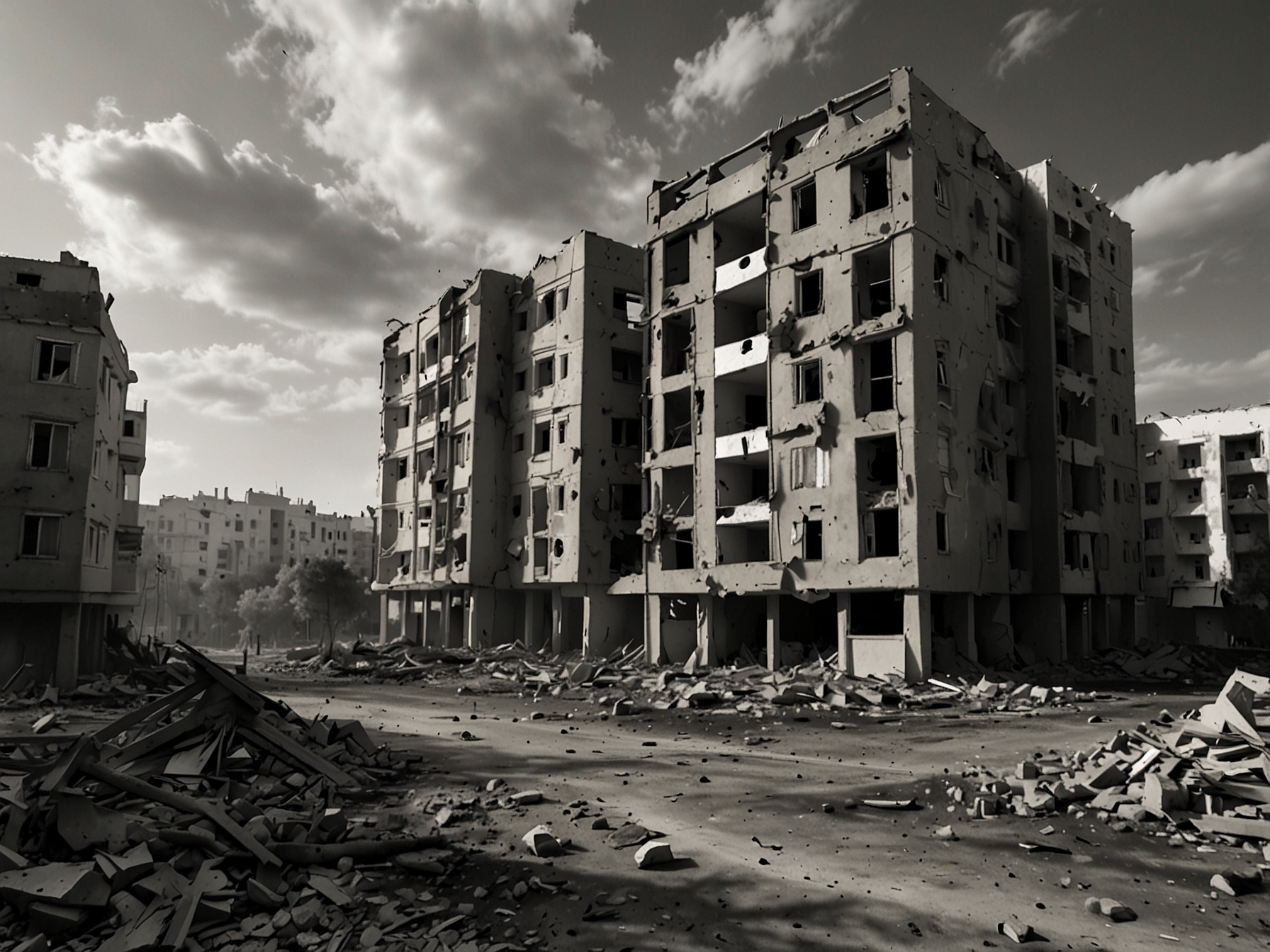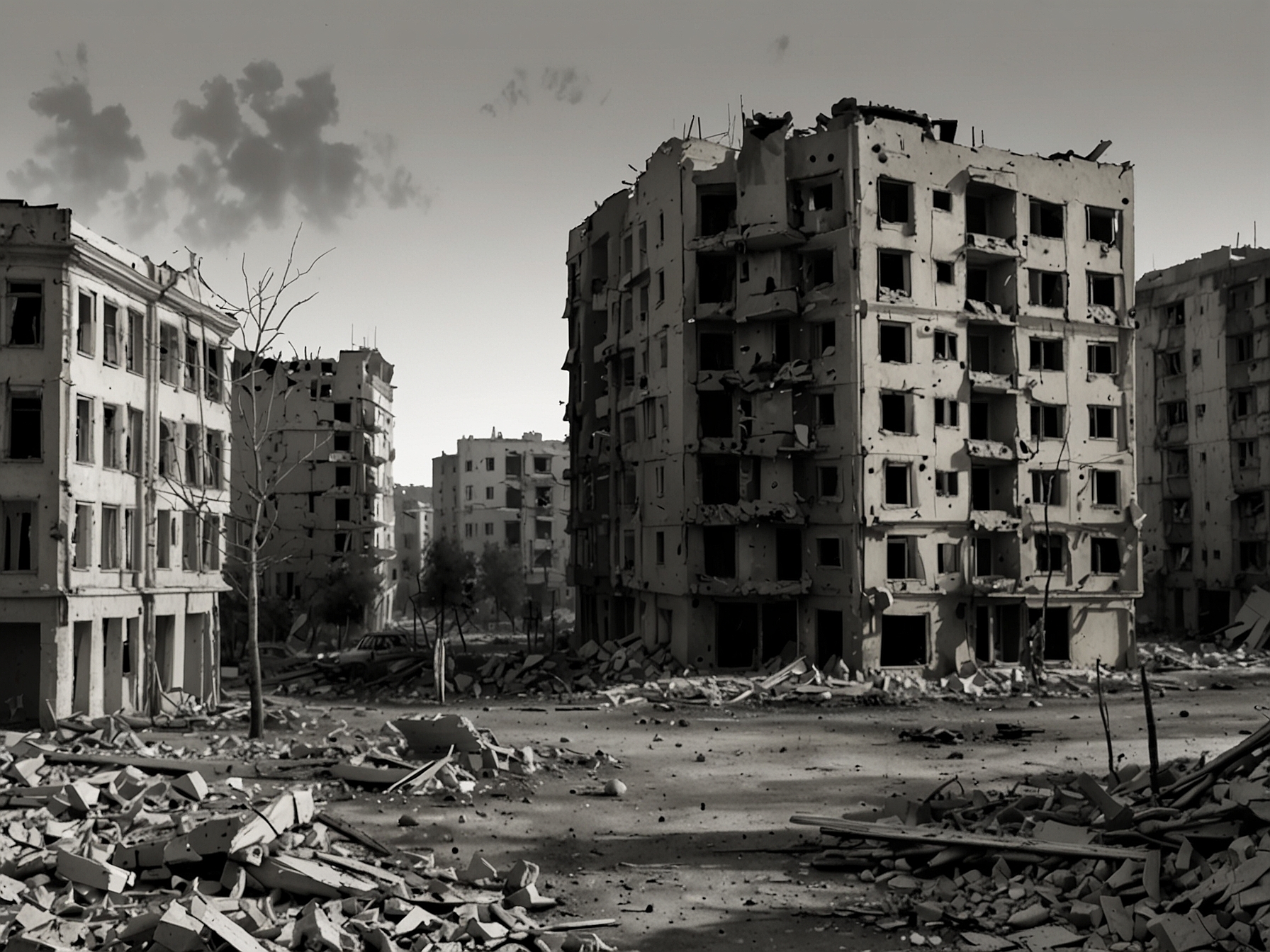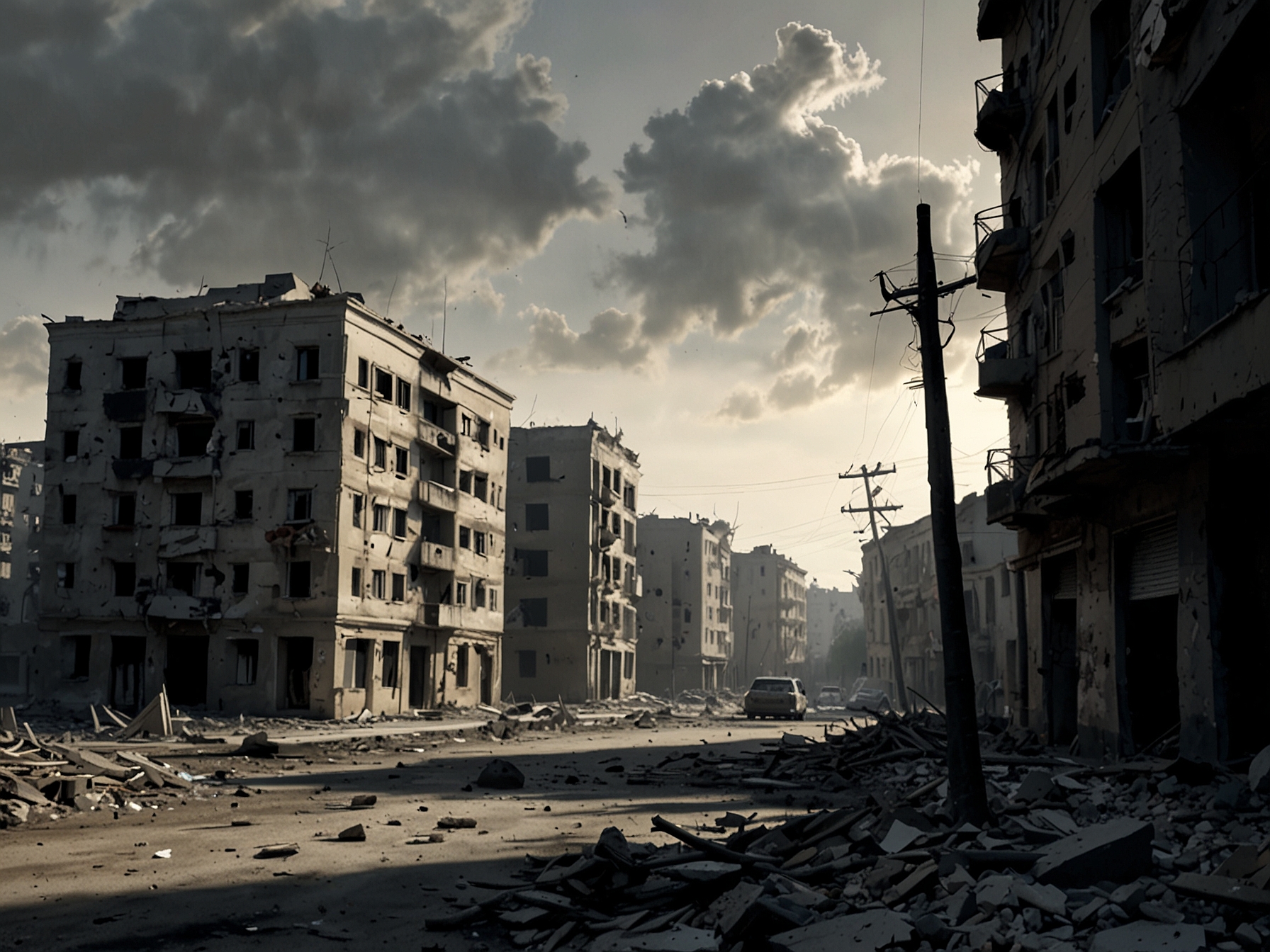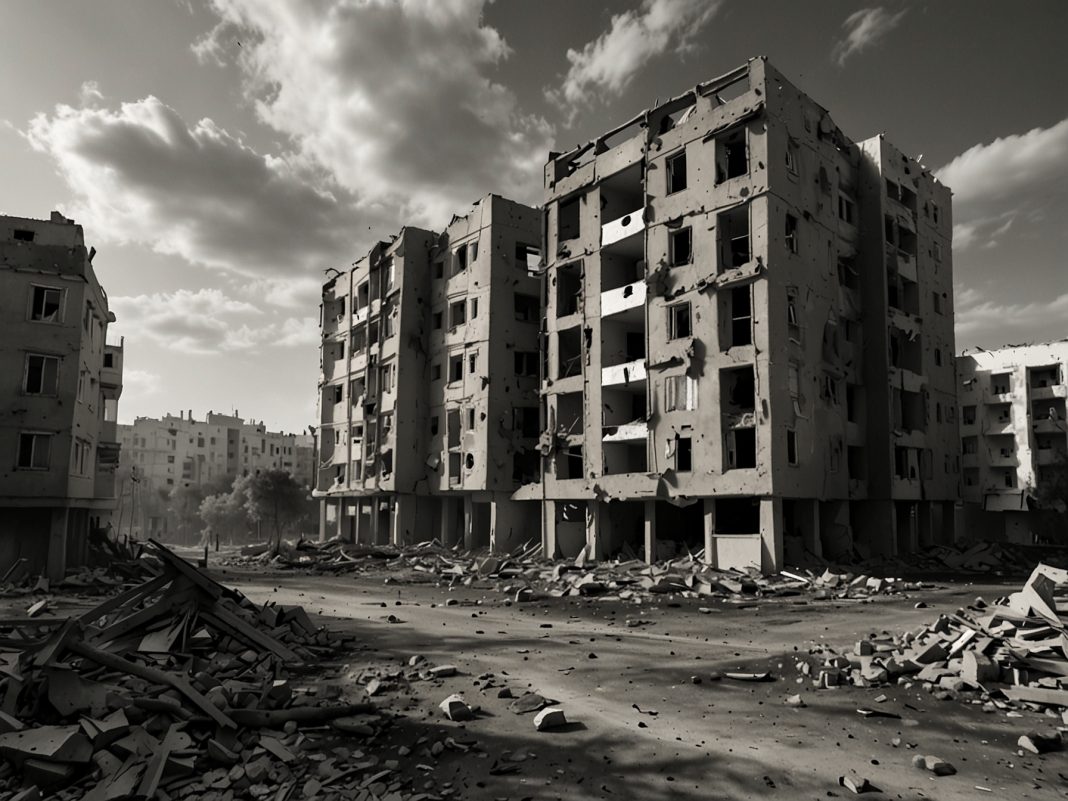Recent Attacks on Ukraine
Images of devastation from Ukraine flood our screens. The recent missile strikes on Dnipro show the escalating conflict. It’s hard to ignore the human cost when you see buildings in ruins.
As a journalist, I often reflect on what these images mean. They tell stories of loss and resilience. But are we becoming desensitized to such suffering? Turning away from the screen might feel like a protective measure, yet the reality remains.

The latest Russian attacks are alarming. A hypersonic missile hit Dnipro, causing widespread destruction. Ukrainian President Zelenskiy condemned this escalation. His words resonate with many who seek peace.
Putin’s Justification and Global Reaction
In a televised address, Vladimir Putin framed the attack as justified. He referenced American and British support for Ukraine. “This is a direct response,” he stated. But does retaliation ever truly justify harm to civilians?
As the global community watches, questions linger. How should countries react to such blatant aggression? The silence in response feels deafening to those affected. Zelenskiy emphasized the need for global condemnation; his call echoes a hope for solidarity.

He pointed out that without a strong reaction, Russia’s actions could seem acceptable. Watching these dynamics unfold, one may wonder: what does the future hold for Ukraine?
A New Kind of Warfare
The introduction of hypersonic missiles marks a significant shift in warfare. They are precisely the type of weapon that raises the stakes significantly. Striking with a MIRVed payload adds another layer to global concerns about nuclear escalation.
Fabian Hoffmann, an expert on missile technology, noted the weapon’s capabilities. This isn’t just a military tactic; it is a demonstration of power on the world stage. How do nations prepare against such advancements? The complexity leaves many feeling vulnerable.

In my thoughts, I imagine the families affected. Children awake in fear. Parents are forced to make tough decisions. These conflicts go beyond national borders; they impact the very fabric of humanity.
Interconnected Conflicts
Zelenskiy also warned of North Korean troop deployment alongside Russian forces. This paints a worrying picture of alliances formed through desperation. Could this be a new era of global conflict? Russian and North Korean interests are converging; a troubling trend indeed.
In the background, U.S. officials closely monitor these developments. News of tightened strategic alliances adds urgency. As we discuss these issues, consider how interconnected our world has become. One event can ripple across countries and continents, affecting countless lives.
As these tensions rise, effective communication becomes crucial. How can we bridge divides with dialogue? Are we prepared for the consequences of misunderstanding? The stakes have never been higher.
Possible Resolutions and Future Approaches
So, where do we go from here? Both leaders must navigate a path toward de-escalation. The future relies on negotiation and understanding. Will the world unite for a solution?
Diplomatic efforts have the potential to rein in hostile actions. Encouraging dialogue among nations might lower the temperature. Yet history shows us the challenges associated with peace talks.
In my heart, I hope for resolution. Yet the cycle of conflict seems relentless. Can humanity learn from the past? Addressing grievances is critical for moving forward.
The Need for Stronger Global Stance
As Zelenskiy noted, the lack of international response fosters further aggression. Can we afford complacency at the cost of human lives? Strong actions may be the only deterrent against future attacks.
From sanctions to coalition-building, countries have options. Should they rethink their roles in this escalating crisis? The conversation needs to expand from the political realm to the humanitarian one.
As we engage in these discussions, I wonder how we can foster empathy. It is essential to remember that beyond politics lie real people. What steps can we take to ensure safety for those caught in conflict?
With each episode of aggression, new questions arise. What will it take for genuine peace to bloom in war-torn regions? The journey seems daunting but perhaps not impossible. Our collective voices can create ripples of change.




